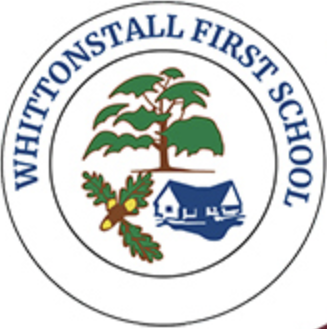Our Early Years
Our Nursery and Reception classes form a cohesive Early Years department, ensuring that your child’s transition is seamless.
Our nursery is more than just childcare: one of our major benefits is the opportunity for children to progress into Reception class and continue on their educational journey with minimal disruption.
The Reception year must provide every child with a feeling of security, being valued and the confidence to explore new learning. The Reception year is unique in that it can set the tone for later school life.
Children should have the opportunity to learn through play. Learning should be fun, engaging and suitably challenging. We value the importance of our outdoor environment and believe that it offers children the opportunity to develop their thinking and problem solving skills.
We are committed to providing our children with the best possible start to school life by teaching the skills and providing the experiences which will ensure well-being now and success in the future.
Characteristics of effective learning
We are committed to offering children an experience that will foster a love of learning within a safe and stimulating environment.
We build secure and trusting relationships which allow our children to flourish.
Children are supported to become more resilient: to keep on trying and achieve what they set out to do.
Children become more engaged; showing high levels of energy and fascination.
CREATING & THINKING CRITICALLY
As children engage in a broad range of activities in Early Years, they begin to actively think about the meaning of what they are doing.
Children will begin to generate new ideas, make links between experiences and learning and become problem solvers.
PLAY BASED APPROACH TO LEARNING
The children will have the opportunity throughout their day to engage in play-based activities indoors and outdoors. They will have access to a variety of areas within the classroom where they can independently choose and lead their own learning. Play-based learning provides opportunities for children to actively and imaginatively engage with people, objects and the environment. Children are naturally motivated to play. Our play based curriculum builds on this motivation, using play as a context for learning. In this context, children can explore, experiment, discover and solve problems in an imaginative way.
CURRICULUM
The curriculum in the Foundation Stage is taught through the Early Learning Goals. Our EYFS area is a carefully planned and well-resourced environment that caters for the various needs of a young child. We offer a broad range of experiences for the early years, both indoors and outdoors. Our Early Years team plan a range of purposeful activities which inspire and engage children as well as match the different levels of need.
There are seven areas of learning that shape our educational programmes.
The 3 prime areas are:
- Communication and Language
- Physical Development
- Personal, social and emotional development
Children are also supported within the 4 specific areas of:
- Literacy
- Mathematics
- Understanding the World
- Expressive Arts and Design
Our play-based approach involves both child-initiated and teacher-supported learning. At Shield Row, we encourage children’s learning and inquiry through interactions that aim to stretch their thinking to higher levels. Our aim is to have an environment that is welcoming, friendly, supportive and challenging. We wish for both you and your child to have a happy and confident beginning to their school life at Whittonstall First School.
ASSESSMENT
During the first few weeks in Reception, we will find out what the children already know and can do and use this information to help us develop an individual learning programme for each child.
Each child has their own ‘Learning Journal’, where we keep evidence of their learning through photographs of what they have been doing. We want parents and carers to be involved fully to ensure we can gain a holistic view of each child, therefore, we ask parents/ carers to add photos and comments to their child’s journal.
During a typical week in Early Years, information, observations and work samples are gathered to support a judgement as to whether the child is working on, working towards achieving or has achieved targets that have been set for them. This can be in the form of targeted activities relating to the child’s target, modelling an activity within the areas, modelling how to use the different areas or what the children show during child-initiated activities.
At the end of the week, a learning summary is completed for the child. Their learning journey is updated and highlighted with any significant information and this supports the learning summary. New targets are then set for the children, or if they have not been achieved, they may be carried forward and new ones added. These new targets are then updated on the target sheet and shared with all the members of the team.
Parents and carers will then be invited into school to discuss their child’s progress and targets. This cycle of assessment will take place at least once each term.

